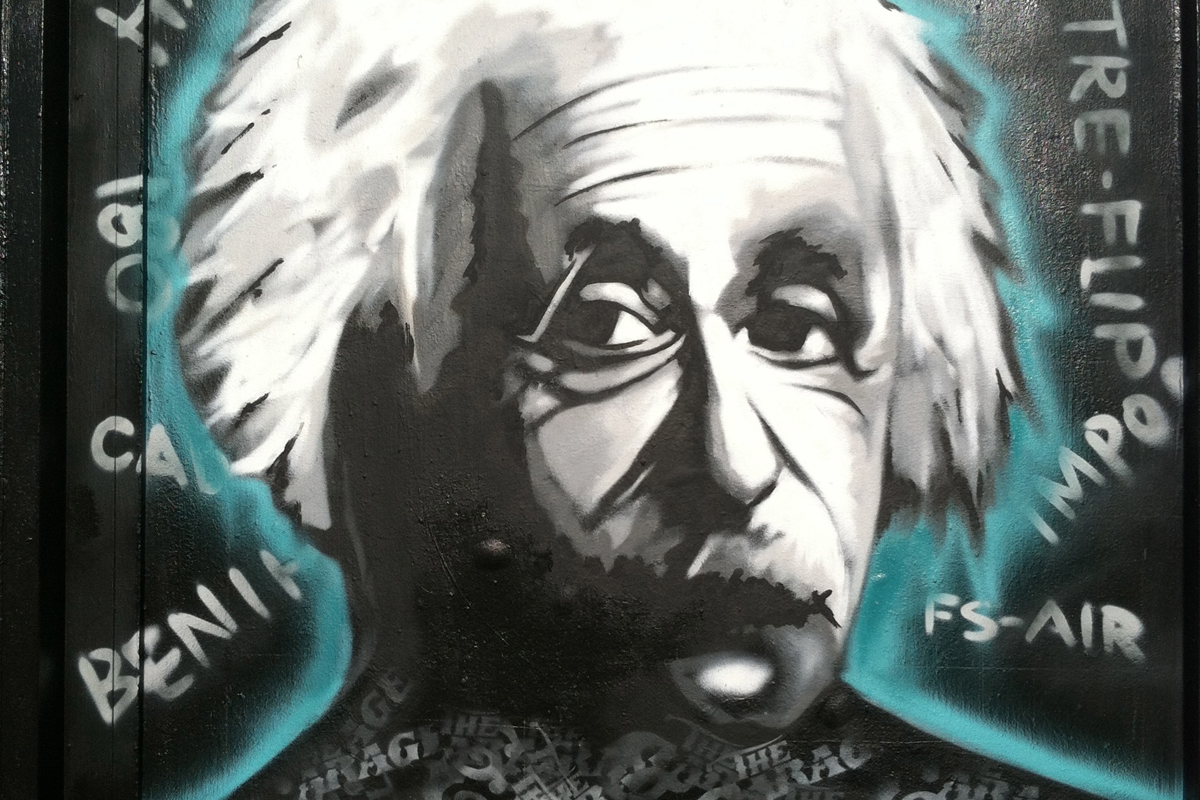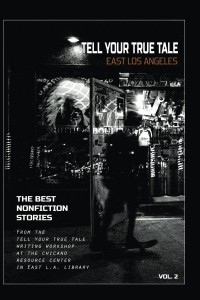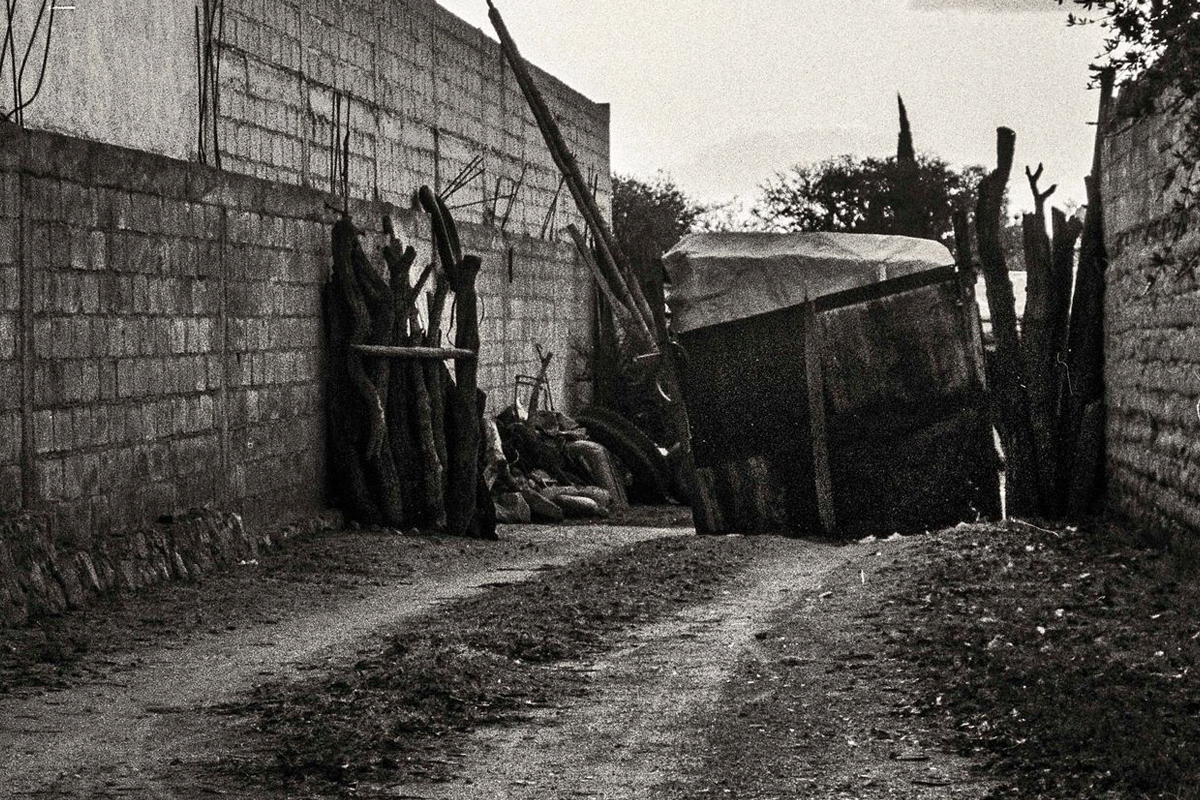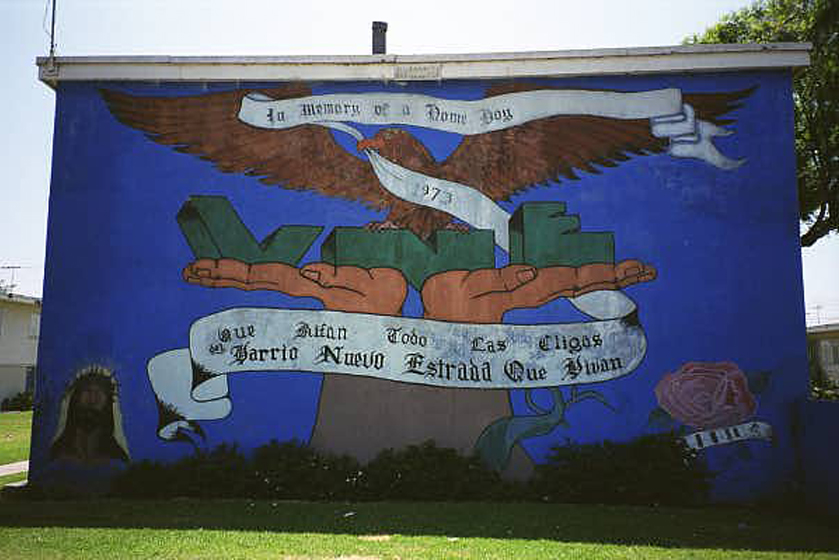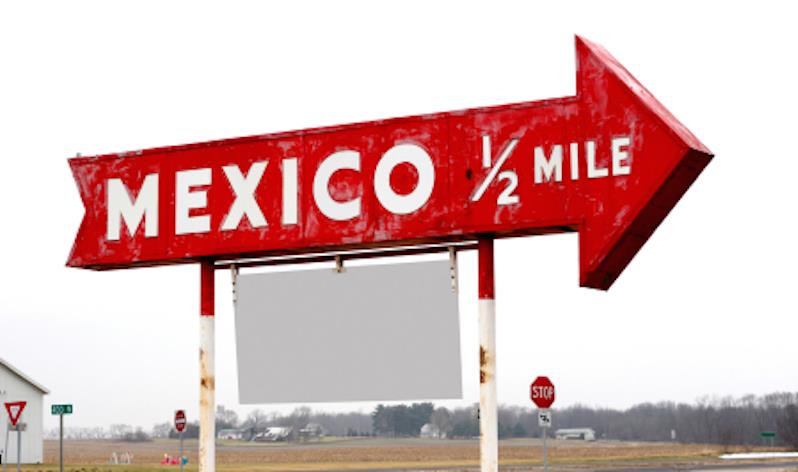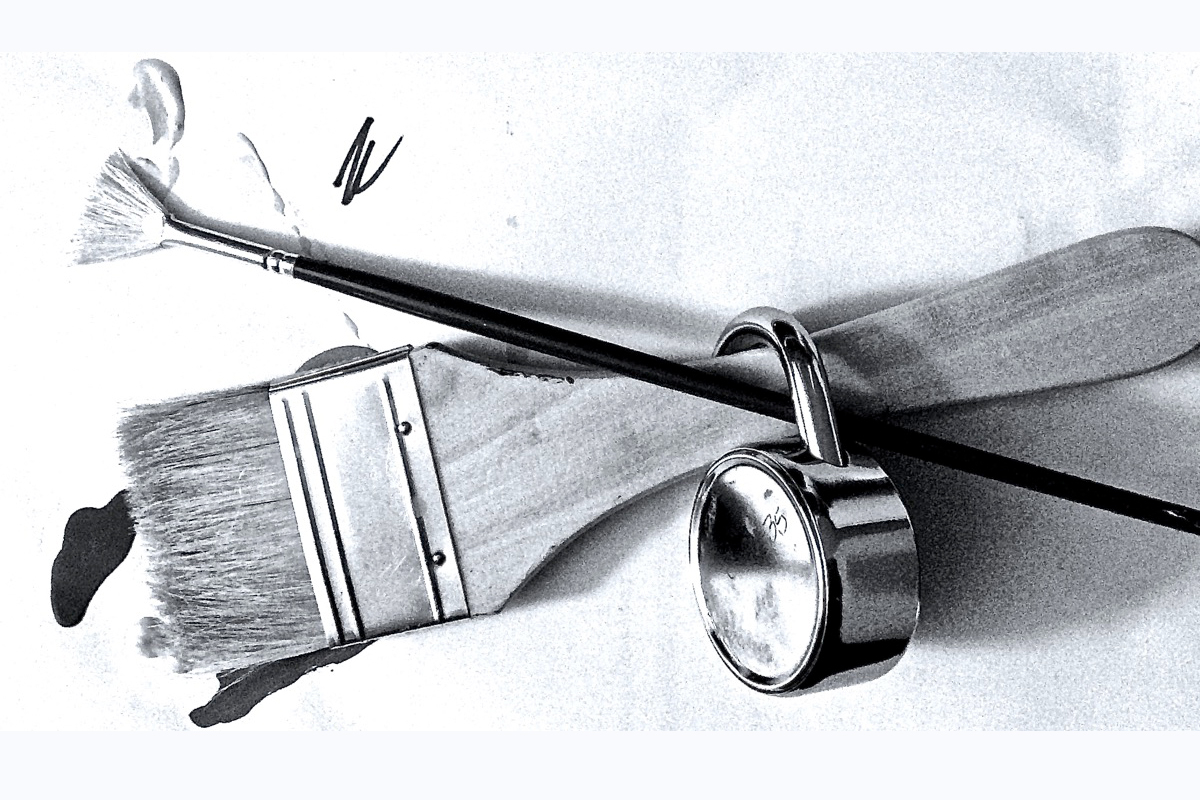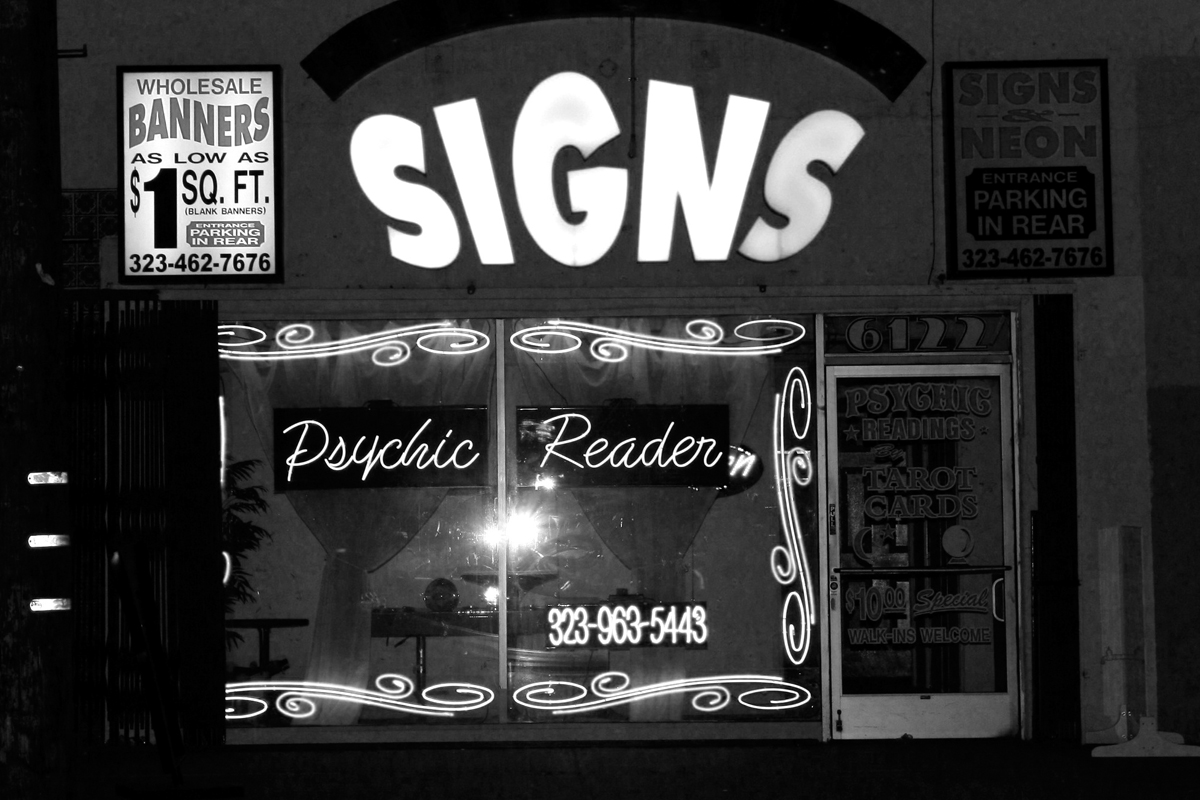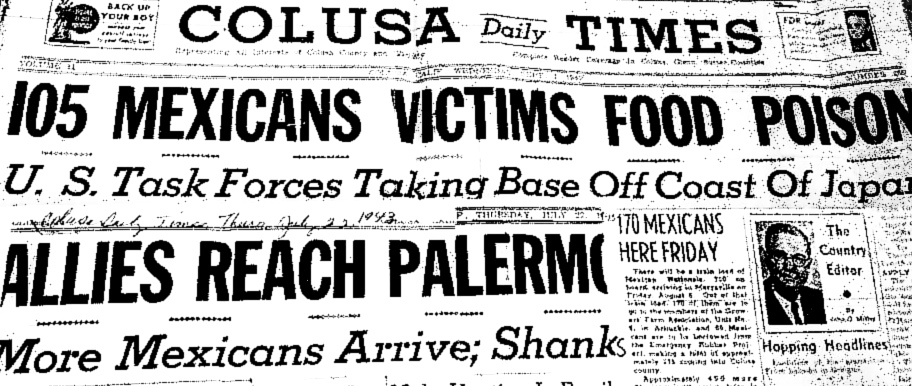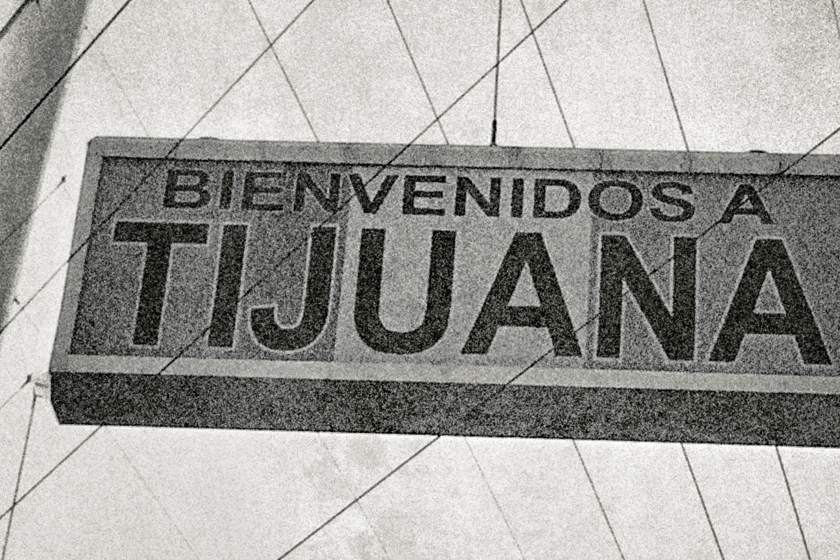When I was in elementary school in East L.A. I would climb atop our rickety garage at night and stare up at the moon, the stars, and space. The roof was flat with a shallow slope. It was perfect for lying on my back. I’d wave a flashlight into space, the beam of light zooming out as far as my imagination would reach.
There I wondered about the world around me. I had grown up in East L.A. and knew not much more. My parents, immigrants, had settled here because my mother was a shopper who dreamed of owning a home and for about $20,000, she bought one.
The only times I ventured away was when my parents would take us on family outings, usually on Sundays after church. Protective, they kept my siblings and me close and warned us about the “cholos.” The garage became my refuge.
Lying atop that garage, I used to think there was a giant “bubble” around my neighborhood and, if I aimed my flashlight just right, I’d see the rainbow colors as the beam of light pierced the bubble wall. How far away was that bubble? Would it bend my light? Could I pop it? And, if I could, what was beyond?
It was the great physicist Albert Einstein who put that flashlight in my hand. His ideas fascinated me as a little boy. His mysteries of space and time opened my eyes to the light. He had been dead for years, but to me he lived on in books. I read all the English books I could find on him. When I could find no more books at school, my father would take me to the East Los Angeles Public Library for more.
How I settled into this path is a mystery to me now. I was learning English as a second language. Early on in my schooling I was assigned a seat at the back of the classroom; I felt like an outcast, but it also drove me to daydream a lot. As if to mollify my loneliness, I found and reveled in inspiration from El Genio.
Staring at so many stars outside of that bubble, I felt as overwhelmed as the inhabitants of Lagash, a fictional planet in Isaac Asimov’s Nightfall, one of my favorite science fiction short stories because it played on Einstein’s ideas of gravity and light. Their planet experienced unending sunlight because of multiple suns, so the night was unknown to them.
When night finally comes, due to a quirk in the orbit of one of their stars, like me, they discovered the glittering night sky. Unlike me, though, they succumbed to “star madness” at the realization of the infiniteness of space.
Mad or not, I just opened my eyes wider and remembered what Einstein said:
“The most beautiful thing we can experience is the mysterious. It is the source of all true art and science. He to whom the emotion is a stranger, who can no longer pause to wonder and stand wrapped in awe, is as good as dead —his eyes are closed.”
I knew what he meant. I felt so little then, beneath the vast night sky atop my garage. But Einstein’s genius was my telescope. His ideas took me away, far beyond the bubble. He showed that a tiny amount of matter could create an enormous amount of energy. Yes, E=MC2 meant that even this little boy’s few atoms were plenty poderoso, a power I found liberating and expanding.
If I could ride a ray of light, I would see amazing things. I could slow time and grow massively bigger! “Woohoo!” I’d yell as I stretched out my short arms and pointed the flashlight towards the vastness of space.
Back on earth, one of my classmates, Rosario, a smart girl with dark, straight hair down to below her knees, and round glasses, would often tout all the books she read. Secretly, I tried to keep up with her, but she usually beat me. My ego had long capitulated to Rosario. Had I known back then what I know today, that little girls tend to develop reading skills earlier than boys, it would have saved me a lot of grief.
Instead, to add sal to the wound, one day she put a book to my face exclaiming she had read it all in a single day. It was about Einstein! She even went as far as to claim, based on her reading that one book, that Einstein was not really the greatest thinker of physics of the 20th century and his ideas on space and time could be attributed to the work of earlier physicists. Newton, Planck, Maxwell, she went on, were the real geniuses.
My face turned rojo and I sizzled with coraje at her blasphemy! I prayed that Einstein would send me a sign to prove her wrong.
“I don’t see what all the fuss is about Einstein,” she said. “It’s much ado about nothing.”
“Yes, earlier great thinkers came up with important ideas,” I told her. “But Einstein put them all together in a way that was so special and so new. He really was a genius.”
“No, they weren’t his ideas. And I hate his hair!”
I tried to set her right, arguing with her until azul in the face, but to no avail. She was firm in her conviction and never flinched. She moved on to another book about something else. Sometimes I wondered if it was really just a hair thing between Rosario and Einstein. Regardless, to Rosario, matter closed.
I wish I could say that I was mature enough at that age to move past this traumatic encounter with Rosario. Unfortunately, not only did her words bother me back then, but I’ve also tormented over her “much ado about nothing” since.
Maybe it bothered me because I had come to believe through Einstein that there were wondrous possibilities out there, beyond my bubble. Maybe it was because the mysteries upon which Einstein pondered called to me, too. Or, maybe I didn’t ever want to come down off that garage.
Off of it, I was out of place and burdened by these great mysteries. It wasn’t like I could discuss these ideas with other kids. Rosario was the only one. Back then kids in East L.A. didn’t talk about such stuff. And the only way to “cruise” was on Whittier Boulevard, not in outer space. Our heroes were wrestlers, soccer players, and saints.
Like the other kids in the neighborhood, I too pretended to be El Santo, Demonio Azul, Mil Máscaras, or other favorite masked luchadores. I surely enjoyed when my father took me to the Olympic Auditorium to watch the wrestling matches in person.
But my secret hero was a physicist. So much so that to this day, I even have an Albert Einstein action figure. Friend or not, I wasn’t about to let Rosario undo that. Every time I glance at it, I go back to that garage and back to Rosario.
Her comment was a deep blow to me and to my fancy that I too could bend like light and amount to something more that what was expected of a kid from East L.A.
I stopped talking to Rosario. The years passed and I never saw her again. Eventually, I did come down from that garage for good. It was demolished to make way for a new one that had a gabled roof with a pitch too steep to lie on.
It’s been a long time since I’ve waved a flashlight at the stars. But I did become a physicist. Just goes to prove that a life, like a path of light, can be changed, as Einstein said it would.
Recent scientific findings show Einstein was right all along: “Scientists have discovered what Albert Einstein predicted almost a century ago should exist – ripples in the fabric of space-time,” read the newspaper stories.
Choosing physics was the right path for me. I’ve met Nobel Laureates Richard Feynman and Hans Bethe; studied at renowned national laboratories like Los Alamos National Lab and the Stanford Linear Accelerator Center; and I was even invited to the White House as a model “young scientist-ambassador” for a federal energy program.
Yet it’s been a long, lonely journey, too. In high school and college there were but a few, if any, Latinos in my upper physics and math classes. Latinos seemed to view courses on theoretical physics or vector calculus as irrelevant. I felt an outcast as a kid in East Los Angeles.
Which is why Rosario and the way she dismissed my inspiration haunted me for years. I wondered if I’d ever reconcile Einstein and East L.A.
Then one day, I was driving home from work when I glanced to the side and saw him on a mural in East L.A. El Genio was back.
The mural was on the wall of a skate shop called “The Garage.” I pulled over and went in the store. A clerk told me the store does more than sell skateboards and gear. It provides after-school tutoring to underprivileged kids, striving to instill in them an appreciation for academics, as they do their homework and practice skateboarding. These were “high risk kids that don’t know the true meaning of teamwork and didn’t have much interest in school.”
Inside it was like a cross between a sport store and a lounge. Some kids were fiddling with their skateboards; some were admiring the display of trophies won in team skating competitions; and some sat discussing homework with the college students hired to tutor them.
I asked about the mural. They wanted the kids to understand that math and science were ever present, even in the skating motions of these hard-core street riders…a kickflip, an ollie, or an Indy grab. So they had chosen a mural of Einstein to reflect their high expectations that the kids were to “apply themselves in their academics as well as in their skating.”
Outside the shop, I stood and gaped at the mural. I once thought I was alone inside a bubble in East L.A. But outside that store, I was set free. Seeing the mural confirmed what the encounter with Rosario had made me doubt: That, as Einstein believed was true of light, you could bend away from the path you appeared destined to take.
And at that moment, I felt at home at last in the neighborhood where I grew up.
